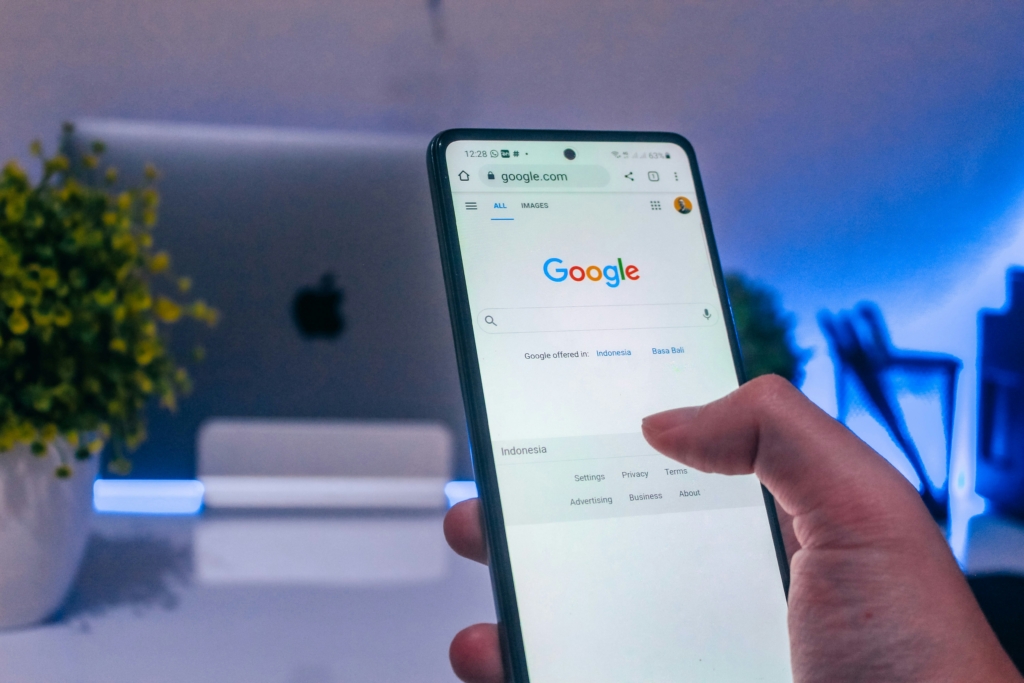In this article, we look to summarise Apple’s imminent move to give it’s users more transparency and control over how they are tracked on their mobile devices
iOS 14.5 is coming (very soon!)
Over the next 12-months, major policy changes from two of the world’s leading tech-companies – Google and Apple – threaten to have a major impact on advertisers’ ability to both, target valuable audiences and track the impact of their marketing campaigns.
In this article, we look to summarise Apple’s imminent move to give it’s users more transparency and control over how they are tracked on their mobile devices (we’ll look at Google’s big change in a separate post).
We look at the impact on businesses and what advertisers need to do to react.
What is going to happen?
As part of the roll out of it’s new operating system update, iOS 14, Apple is incorporating a new feature they call ‘App Tracking Transparency’, aimed at giving users more clarity and control over which apps have access to their browsing data and how they use it.
Currently, apps such as Facebook have relatively unchecked ability to track user’s behaviour from within their app/s, and onto users ongoing mobile browsing behaviour including app usage and web-browsing, helping them see any actions users may have taken following interaction with their app/s. The new Apple privacy feature will put a stop to this tracking by apps unless they have the users express permission to do so.
The likes of Facebook aren’t happy as, with a more limited view of user’s behaviour outside of their apps, they have less opportunity to claim that advertising on their platforms has been a success, potentially making them less attractive as an advertising platform. They claim that it’s the advertisers – including many small businesses – that will suffer; with less data to optimise with, those much relied on Facebook campaigns are likely to become less effective.
When is it happening?
The timing of the new update is unclear, though the feature is likely to be part of the iOS 14.5 update which is due in ‘early spring’.
We’ve heard that the update could be released as early as Thursday 15th April, so it’s a case of days or weeks rather than months until the new privacy settings come into play.
Why are they doing it?
It’s all about user privacy…
“Our goal is to create technology that keeps people’s information safe and protected” says Craig Federighi, Apple’s senior vice president of Software Engineering. “We believe privacy is a fundamental human right, and our teams work every day to embed it in everything we make. Privacy means peace of mind, it means security, and it means you are in the driver’s seat when it comes to your own data,”
Apple has been making moves in this direction for some time and, along with Mozilla, Apple’s Safari browser has been significantly limiting user tracking since 2017.
What is the likely impact?
As apps – including Facebook – lose sight of any conversions that occurred after someone has viewed/interacted with an ad, they will be less able to attribute conversions to it’s campaigns.
With less conversion events being counted, they will have more limited data to optimise with, potentially impacting overall effectiveness of campaigns.
Remarketing and Lookalike audiences will diminish as Facebook loses sight of conversion events.
Whilst opt-out rates won’t be known until after the event, some are predicting that as many as 80% of users will opt-out of app tracking. That feels high to us, but it’s certainly going to be significant.
With Apple controlling the language presented to the user for the prompt, it is likely to include more ‘loaded’ language than the ‘cookie setting’ prompts that we have become so used to when browsing the open web, that language of course being controlled primarily by the website owner.
What can we do to mitigate the impact?
The first thing is we should be doing is learning as much as we can about the upcoming changes and starting to identify any areas of risk for our marketing campaigns.
At The Nest, we have clients where over 70% of their traffic comes from Facebook, some that over 65% of browsing is on an iOS device. We have clients whose Facebook Ads campaigns predominantly use custom or lookalike targeting. All of these things are areas of risk and understanding that is key.
Having understood the risk, we’re now putting in plans to help mitigate that risk and react quickly to the likely impact of the iOS update. These include;
- scoping out other marketing channels less affected by the changes
- continuing to support the building of consensual data-bases for 1st party targeting
- exploring the development of social shops, keeping the shopping experience (and buying data) within a single environment.
If you’re worried about the changes or want to understand more, give us a shout.




